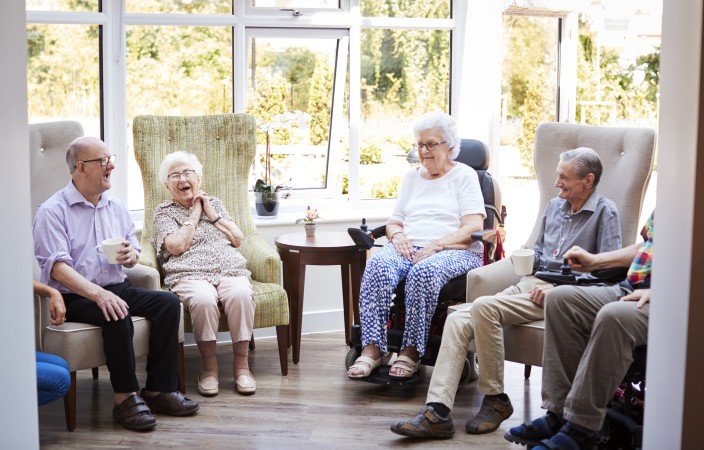Who pays for my care if I am assessed as needing full time-permanent residential care?

WHO PAYS FOR MY CARE IF I AM ASSESSED AS NEEDING FULL-TIME PERMANENT RESIDENTIAL CARE?
Answer : You do. Unless you meet the criteria for a Government Residential Care Subsidy (“RCS”).
Taking the thresholds into consideration and planning ahead, such as annual gifting etc, can help significantly in the event that you need to apply for a subsidy in the future and thereby helping you meet the asset/income threshold.
If you met the criteria for the subsidy, the cost of your care is paid directly to the hospital or rest home by Health New Zealand – Te Whatu Ora. Your New Zealand Superannuation is then reduced, but you still receive a personal allowance and clothing allowance.
What are the criteria for receiving the RCS?
Your age. You must be over 65, or 50-64 if you are single and have no dependent children.
You must be assessed as needing care.
Your assets must be less than $291,825.00, or $159,810.00 if you don’t wish to include the value of your family home and car. Your family home isn’t counted if it is the main place where your partner or a dependent child lives. This exemption for the family home does not apply if the family home that your partner or dependent child lives in is owned by a Trust.
Family home
A 'family home' is the main place where your partner or dependent child lives.
It can be:
a residential property
a property occupied under a Licence to Occupy (LTO) or an Occupation Right Agreement (ORA)
a life interest in a property owned by a family Trust or an Estate
an apartment
a granny flat
a motor home; or
a boat.
If you choose to include the value of your family home in your assets, you need to find out its value. This is usually the net equity you or your partner have in the family home minus any debts owing on it. The value of a Licence to Occupy unit or Occupation Right Agreement is different. It will be the surrender value (if any) that would be paid to you or your partner under the licence or agreement.
Assets include: (but not limited to)
cash, savings and/or investments
life Insurance policies with a surrender or cash asset value
investment properties
loans made to others (including family)
If you have sold any assets, they will not be counted in your means assessments, because you no longer own the asset. However, if you sold your assets in exchange for a debt that remains owing to you, then that will be considered an asset. Any sale of substantial assets would need to be of ‘fair market value’.
There are no limits on the income that you can earn, but any income that a resident earns above the exempt income amount will go towards the cost of their care. Refer to:
Any gifts you have made will be taken into account, unless those gifts are under $27,000.00 per year for any asset gifted more than 5 years (from when you apply for the subsidy) or $8,000.00 each year for the previous 5 years (from when you apply for the subsidy). This is a total of $40,000.00 in the last five years of any amount you and your partner (even if they have died) have gifted in the last 5 years.
It is never too early to start planning for your long-term care.
For advice and assistance in respect of taking steps to protect your assets, in the event that in the future you need long term care, please contact Michelle Rossiter mjr@younghunter.co.nz or one of my colleagues in the Commercial Team to arrange a meeting to discuss.
See our other blogs
‘Wills – Property Ownership and Residential Care Subsidies’
“Gifting in respect of Residential Care Subsidy”
PLEASE NOTE
The purpose of this is to give an overview of the subsidy available for people in Residential Care and the eligibility criteria for the same.
The information contained here is not an exhaustive list of what is ‘allowed’ and what is ‘not allowed’.
